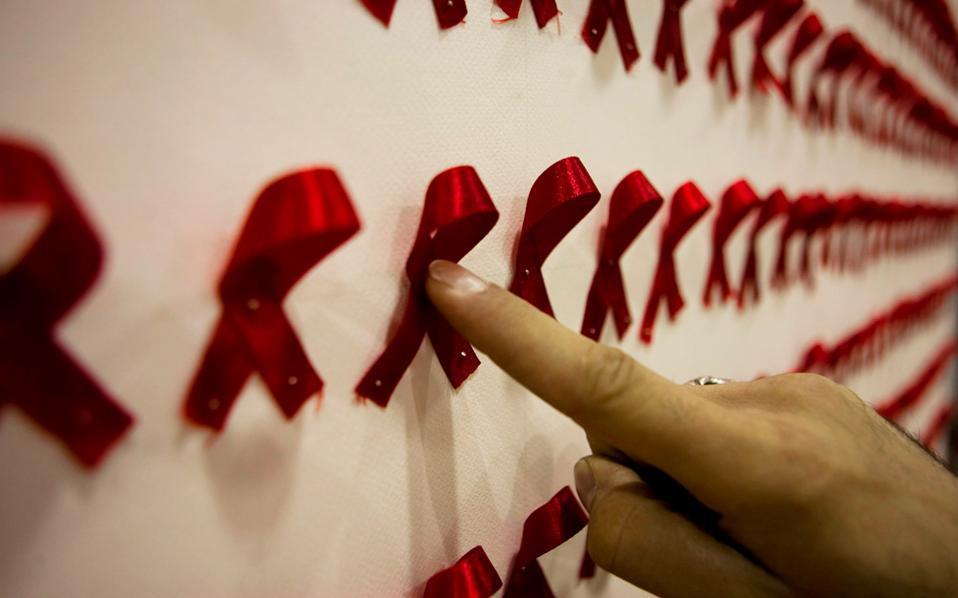The stigma

In 1994, Greek director Alexis Bistikas was the first public figure to openly admit that he was suffering from AIDS. A year later, this charismatic man, who was already known for his brilliant work, passed away, aged 31. It was preceded by the death of the then known fashion designer Billy Bo (real name Vassilis Kourkoumelis) in 1987.
In Kathimerini, we followed Bistikas’ difficult path toward his passing closely, as his mother, Eleni Bistika, was a journalist at the newspaper, and supported him every step of the way.
A retrospection and an assessment of those times occur effortlessly but also stiflingly. Apart from the emotional load, experiential or reflective, what steps have we taken as a society in these four decades since “the new scourge” became visible in Greece as well?
On the occasion of World AIDS Day on Friday, we read in Kathimerini what we know as the achievement of science – namely, that people now live and grow old with HIV. But we also learn of “the stigma” that remains, not for the patients but for ourselves: The numbers confirm that social bigotry exists toward all those who are considered terminally ill or infectious.
On the one hand, medicine is constantly – fortunately – making new leaps into the future, on the other, we refuse to leave behind convenient prejudices. We remain stuck in the irrational, perceiving as a threat that we do not have time to process either because of opinion, lack of time or sufficient information. In a 2021 survey on the knowledge and attitudes toward HIV in Greece, 68% said they would not have a relationship with people living with the virus.
The virus no longer makes “noise,” but it still infects and affects millions of people around the world. People who are HIV-positive find it difficult to share their secret, even with their loved ones – some even lost their jobs because “the orderly operation of the business was disrupted,” according to a 2009 ruling of the Supreme Court. Those who live with HIV feel loneliness, marginalization, fear, even discrimination against them or denial of services from the health system.
What if modern medical treatments ensure a normal life? It remains a sexually transmitted disease and as such reflexively activates many cultural, existential and ideological prejudices. Our demons still have the first say.





